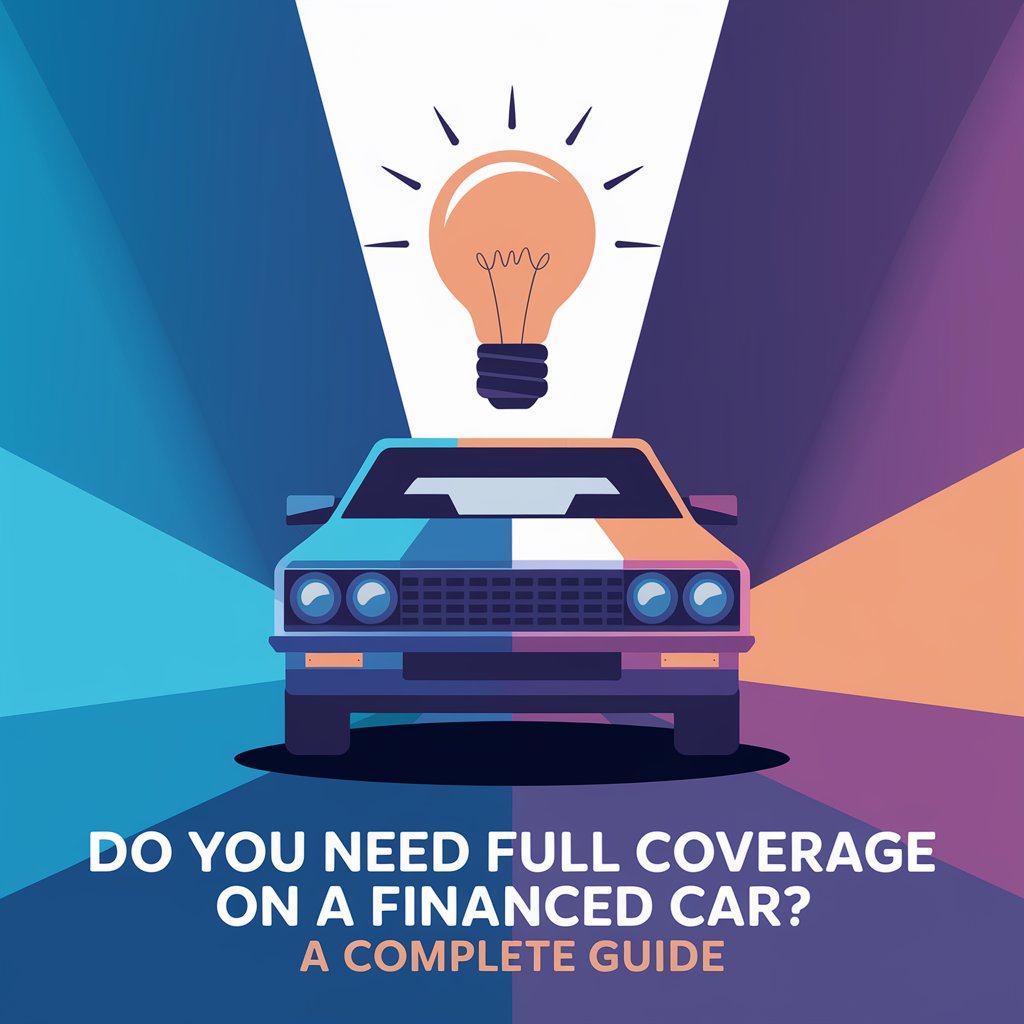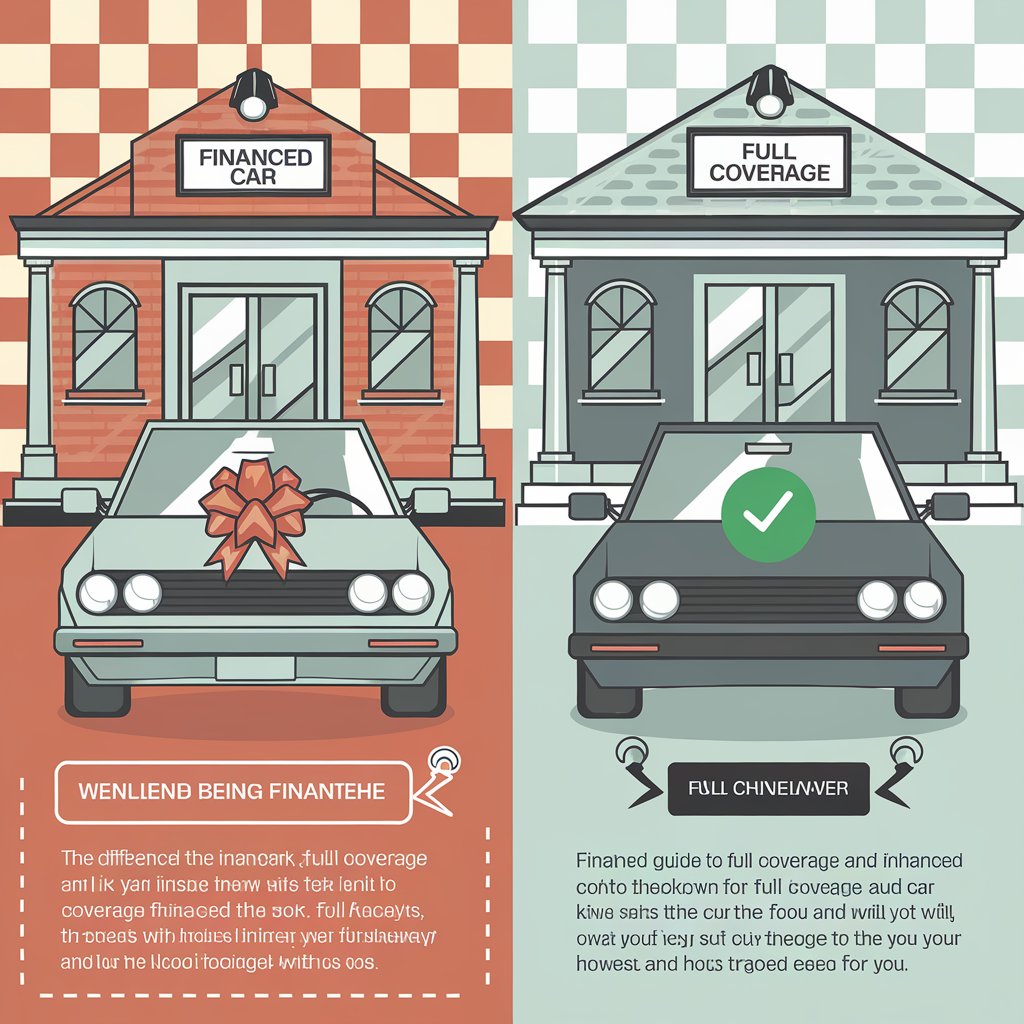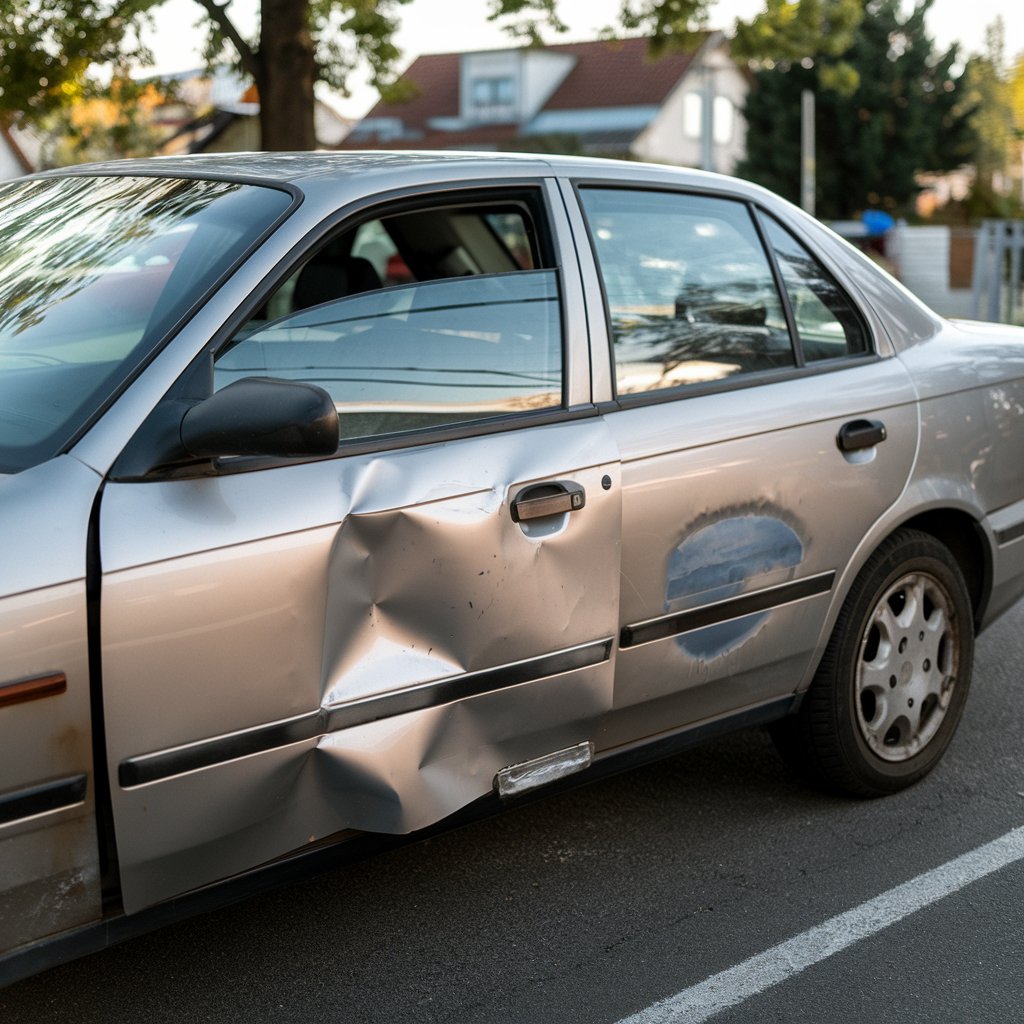Do You Need Full Coverage on a Financed Car? A Complete Guide
Buying a car is an exciting milestone, but it also comes with its fair share of responsibilities—especially if you’re financing the purchase. One of the most common questions new car owners ask is, “Do I need full coverage on a financed car?” This guide will walk you through everything you need to know, helping you make informed decisions about your car insurance.
Whether you’re a first-time car owner in Ontario or an experienced driver financing a vehicle in Texas, this guide clarifies why full coverage insurance is often required, what it includes, and how it impacts your finances.
By the end, you’ll have all the tools to confidently approach your lender and insurance provider while ensuring you’re fully protected.
What Is Full Coverage Insurance?

Full coverage insurance is a commonly misunderstood term. Contrary to popular belief, “full coverage” does not mean your car is fully covered in any circumstances. Instead, it refers to a combination of coverages that can protect you, your passengers, and your vehicle.
Full coverage insurance usually includes liability and physical damage coverage. Let’s examine each of these coverages in more detail.
Liability Coverage
Liability coverage protects you if you cause an accident that results in injuries or property damage to others. It typically includes two parts: bodily injury liability and property damage liability.
- Bodily Injury Liability
This coverage pays for the medical expenses of anyone injured in an accident caused by you, up to the policy limit. Bodily injury liability also covers legal fees if you’re sued for the accident.
- Property Damage Liability
This coverage pays for damage to someone else’s property caused by you, up to the policy limit. This includes not only other vehicles but also buildings, fences, or any other damaged property.
Physical Damage Coverage
Physical damage coverage is split into two types of coverage: collision and comprehensive.
- Collision Coverage
Collision coverage protects your vehicle if it’s involved in a crash with another car or object. It covers repair costs or the cash value of your vehicle if it’s totaled in an accident.
- Comprehensive Coverage
Comprehensive coverage protects against non-collision-related damages to your vehicle, such as theft, vandalism, or natural disasters. It covers the cash value of your vehicle if it’s stolen or damaged beyond repair.
Why Do Lenders Require Full Coverage Insurance for Financed Cars?

If you’re financing a car, your lender will likely require that you have full coverage insurance. This is because they want to protect their investment in case you’re involved in an accident or the car is damaged.
Lenders often have specific requirements for the amount of coverage and types of coverage they expect you to have on a financed car. These can vary depending on the lender but generally include liability coverage with limits high enough to cover any potential damages.
How Does Full Coverage Insurance Affect Your Finances?
Full coverage insurance can seem expensive, but it’s necessary for protecting your financial interests. Without adequate coverage, you could be liable for significant expenses if you’re involved in an accident or your car is damaged.
While full coverage insurance may cost more upfront, it can save you from facing devastating financial consequences in the event of an accident. Additionally, some lenders may offer lower interest rates on a financed vehicle if you have full coverage insurance since it reduces their risk.
How Can You Save on Full Coverage Insurance?

If you’re concerned about the cost of full coverage insurance, there are ways to potentially lower your premium. Some options include:
- Bundling policies
Many insurers offer discounts if you have multiple policies with them, such as home and auto insurance.
- Adjusting coverage limits
While it’s important to have adequate coverage, you may be able to save money by adjusting your coverage limits and deductibles. Just make sure that you’re still meeting lender requirements.
- Shopping around for quotes
Different insurers offer different rates, so it’s worth shopping around for quotes from multiple providers to find the best deal.
Final Thoughts
In conclusion, full coverage insurance is often required for financed cars because it provides necessary protection for both the borrower and lender. While it may seem like an added expense, having comprehensive coverage can ultimately save you from facing significant financial burdens in the event of an accident.
Remember to regularly review your insurance policy and make necessary adjustments as needed. By staying informed and proactive, you can ensure that you’re adequately protected on the road. Happy driving! EndFragment
As you continue your journey as a car owner, it’s important to stay up-to-date on any changes or updates in insurance policies and regulations. Keep in mind that full coverage insurance is not a one-size-fits-all solution, so be sure to evaluate your individual needs and budget when choosing the right coverage for your financed vehicle.
In addition to having full coverage insurance, it’s also crucial to practice safe driving habits and regular vehicle maintenance to reduce the risk of accidents or damage. By being responsible and diligent, you can not only protect your finances but also ensure the safety of yourself and others on the road.
We hope this guide has provided valuable information on full coverage insurance and its importance for financed cars. Remember, always be informed and prepared when it comes to protecting yourself and your assets on the road. Happy driving! EndFragment
# References
- https://www.thebalance.com/what-is-full-coverage-car-insurance-527477
- https://www.insurancehotline.com/resources/the-basics-of-full-coverage-insurance/
- https://www.moneyunder30.com/full-coverage-car-insurance EndFragment # Final Thoughts




Post Comment